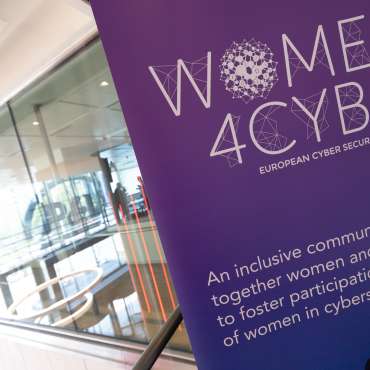Not only plan for the necessary technical/ICT reaction, but also prepare in advance the legal, communication and business continuity response actions. And do test those plans, considering an increasingly strict legal and contractual environment. Also, preparedness does involve intensive awareness raising of all personnel, from the most junior employee to top management, providing intra-company notification procedures (e.g. a ‘911’-line).
Of critical importance is prompt notification of incidents under the GDPR and/or NIS legislation, even if not all information is available. To notify or not? It is better to err on the safe side, i.e. to notify (or be able to demonstrate the lack of risk!). Do understand that a data breach constitutes a breach of trust, and to regain trust is difficult. An open communication practice does help in restoring trust.
A lack of response preparedness can also result in increased liabilities, both legal and/or contractual based, with the bar of ‘sufficient preparedness’ steadily rising. Increasingly, companies will request more stringent cyber security measures from partners, contractors etc. or face expensive liabilities. Companies involved in security consulting/services could share these liabilities. Also, cyber insurance will probably become a standard part of the legal toolkit.
Ultimately, do file a criminal complaint, to get more information about the criminals who and why, and to strengthen the information base on criminal incidents.
Even more advice is available in this presentation, including click through links, making this an extremely practical and enlightening session.







